.
1. a slight suggestion or indication; hint; intimation: "She hadn't given us an inkling of what was going to happen."
.
2. a vague idea or notion; slight understanding: "They didn't have an inkling of how the new invention worked."
.
Origin: 1505–15; obs. inkle to hint; Middle English inklen / ningkiling, a hint, suggestion, possibly alteration of nikking, from nikken, to mark a text for correction, from nik, notch, tally, perhaps from variant of Old French niche.
.
"Inkling has nothing to do with ink, but it may have something to do with niches. Our story begins with the Old French (and Modern French) word niche, meaning niche. It is possible that in Old French a variant form existed that was borrowed into Middle English as nik, meaning a notch, tally. This word is probably related to the Middle English word nikking, meaning a hint, slight indication, or possibly a whisper, mention. Nikking appears only once, in a Middle English text composed around 1400. In another copy of the same text the word ningkiling appears, which may be a variant of nikking. This is essentially our word inkling already, the only major change being an instance of what is called false splitting, whereby people understood a ningkiling as an ingkiling. They did the same thing with a napron, getting an apron."
.
I knew that!! (the apron thing)
in fact, we were having that conversation
in the car just the other day,
Middle One and myself and The Teen
.in fact, we were having that conversation
in the car just the other day,
Middle One and myself and The Teen
[elsewhere I found this: "c.1400, apparently from the gerund of M.E. verb inclen to utter in an undertone (c.1340), which perhaps is related to O.E. inca doubt, suspicion."]
.
and those ever so useful translations
(I'm so glad they've shown me the difference between
Brazilian Portuguese and Portuguese Portuguese,
I often get mine mixed up)
.(I'm so glad they've shown me the difference between
Brazilian Portuguese and Portuguese Portuguese,
I often get mine mixed up)
Arabic: مَعْرِفَه قليلَه، أقل فِكْرَه عن
Chinese (Simplified): 细微感觉
Chinese (Traditional): 細微感覺
Czech: tušení, ponětí
Danish: anelse; mistanke
Dutch: vermoeden
Estonian: aim(us)
Finnish: aavistus
French: idée, soupçon
German: die Ahnung
Greek: υπόνοια, αμυδρή υποψία
Hungarian: sejtelem
Icelandic: hugboð
Indonesian: kecurigaan
Italian: idea, sentore
Japanese: 感づくこと
Korean: 어렴풋이 감지함
Latvian: nojausma; priekšstats
Lithuanian: supratimas, nuvokimas
Norwegian: anelse, mistanke
Polish: podejrzenie
Portuguese (Brazil): alusão
Portuguese (Portugal): suspeita
Romanian: bănuială, idee
Russian: слабое подозрение
Slovak: tušenie, zdanie
Slovenian: slutnja
Spanish: idea, sospecha
Swedish: aning, hum
Turkish: his



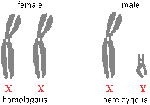


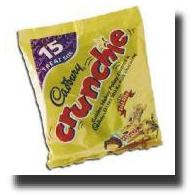

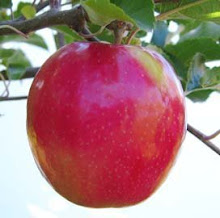




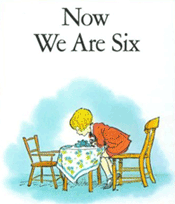






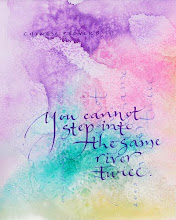
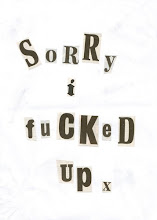



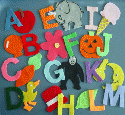










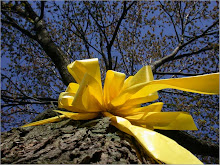




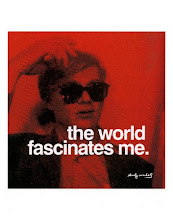


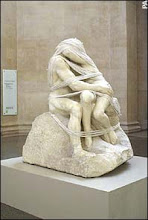



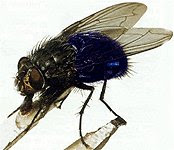



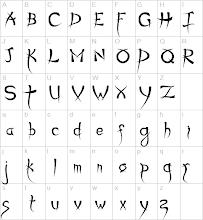





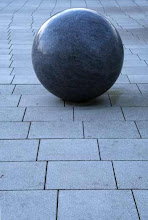








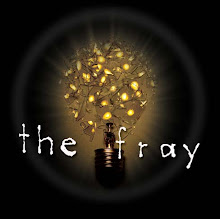

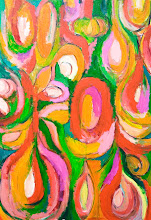


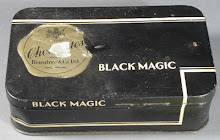
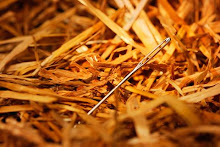


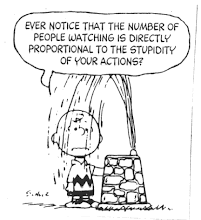


6 comments:
k.....I might haffta try that ningkiling thingy on himself and tell him "IS TOO a word!".
And then I can SHOW him this and he can mutter.
*nodding*
Have you ever gotten the impression that I like to make him mutter?
He seems to have that impression and I don't have a clue why.....
LOL
I'm such a liar sometimes...LOL
is he Old English or Middle English. . .
;-)
Don't tell him I said so....
*looking around for witnesses*
Very, VERY Old English.
ROFL
(I can safely say that cuz I can run faster than him....LOL)
*sharp intake of breath*
ha ha ha ha ha ha ha
(I'm not tellin'!)
Od english? Is that anything like Old fart?
hmmmm
Here I was all excited to say I have a new word to thwart the youngins with at scrabble and your already off on another inkling...
. . .there's lots more of them to come (for some reason, it's the way my head is right now)
%-)
Post a Comment